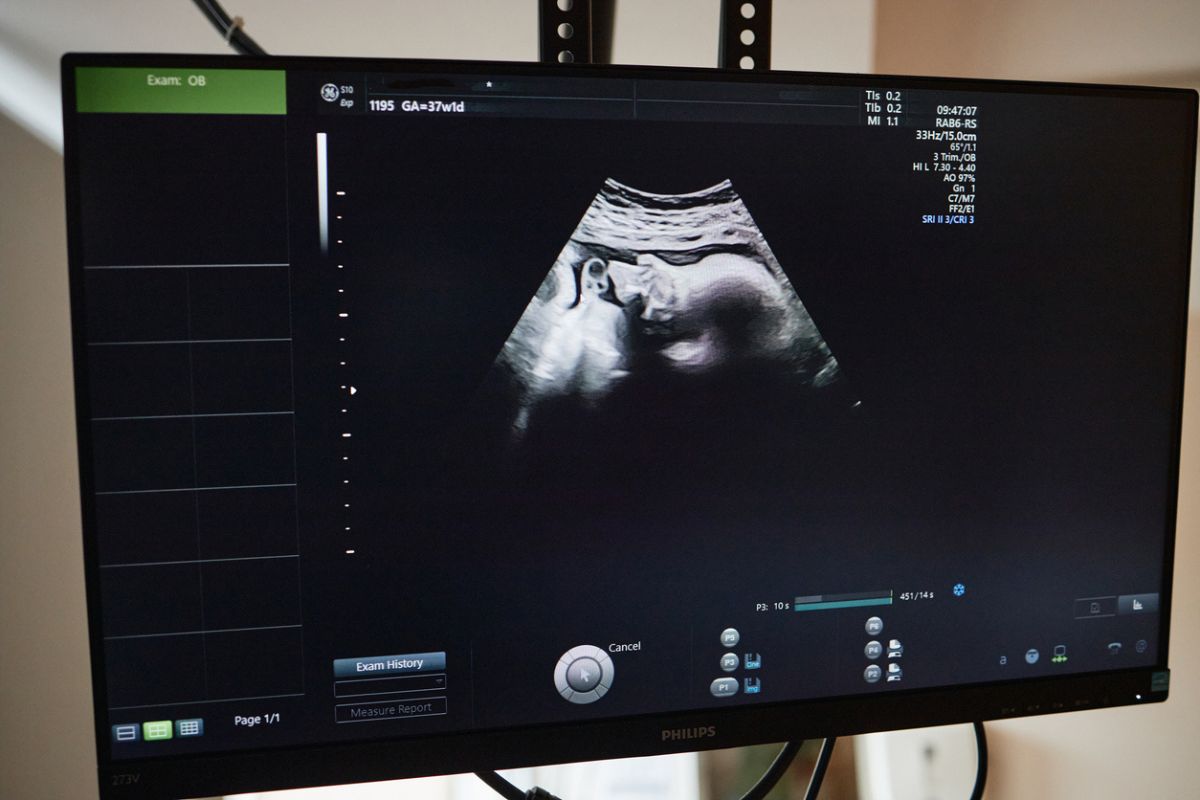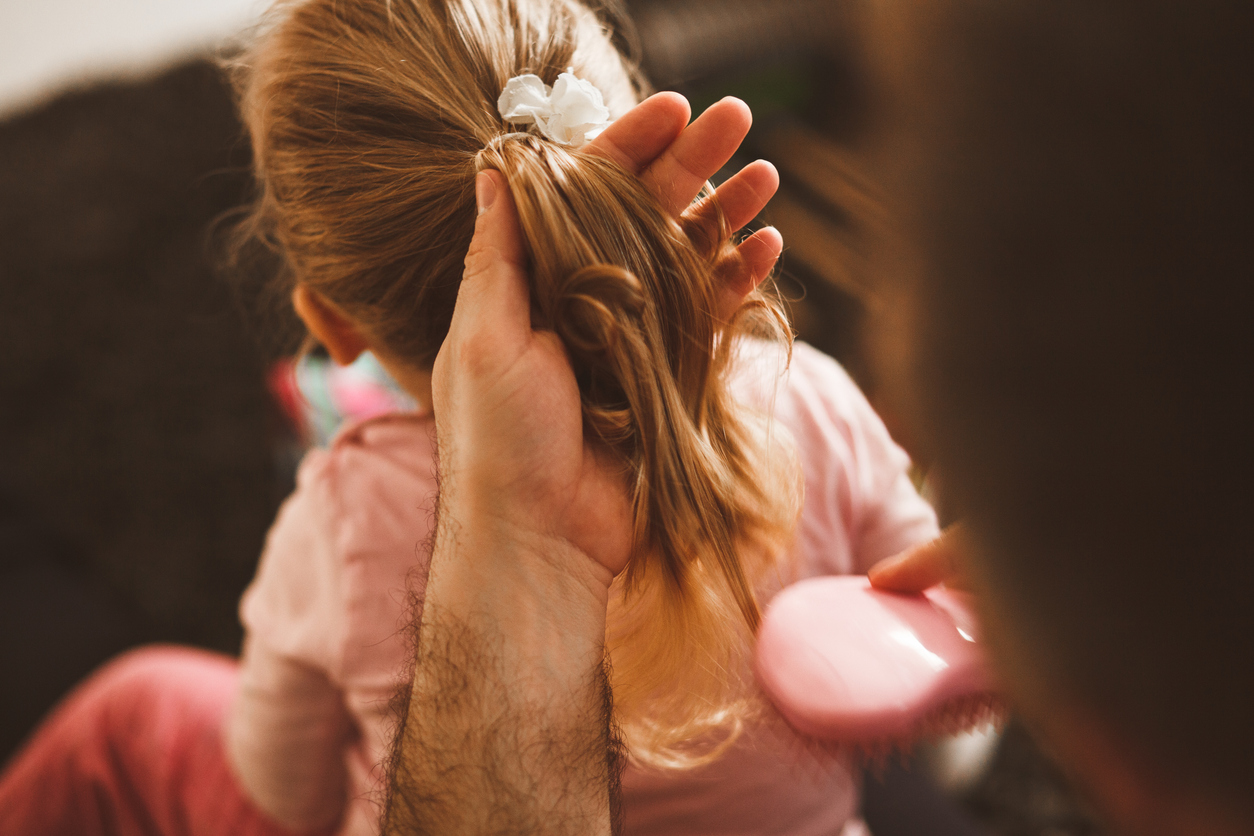Nearly two-thirds of American adults have endured at least one adverse childhood experience. And roughly one out of six have lived through four or more such traumatic events., according to the U.S. Centers for Disease Control and Prevention. With economic repercussions that run into the hundreds of billions annually – treating physical problems (heart failure) to mental health issues (depression) – it’s no wonder why we spend so much time trying to better understand the repercussions of abuse in childhood. And how to treat it.
Now, a massive new study out of the United Kingdom questions what we know about childhood trauma. Researchers there discovered that verbal abuse might be just as harmful to their future mental health as any bruises left by physical abuse. Put them together, and you have mental scars that can linger for a lifetime.
Methodology
Appearing in BMJ Open, the analysis draws on data culled from more than 20,000 adults across seven nationally and locally representative surveys conducted between 2012 and 2024. The research team asked participants to reflect on their childhood experiences with physical and verbal abuse, then assessed their mental well-being.
The results startled the researchers. Adults who experienced either verbal or physical torment during childhood were roughly 50% more likely to report low mental well-being in adulthood. Those exposed to both forms of harm faced more than twice the risk.
Lead author Professor Mark Bellis, of Liverpool John Moores University, said the findings point to a pressing need to broaden the definition of harmful childhood experiences beyond physical violence alone.
The Weight of Words
Verbal abuse takes several forms, from frequent yelling to name-calling to full-on threats (or worse). Clinicians acknowledge such behavior as a form of emotional abuse but, until recently, it’s garnered far less attention than physical or sexual abuse.
Yet the consequences appear to be more alike than we thought. Participants who recalled verbal abuse in childhood were dramatically more likely to report feeling isolated, pessimistic, or emotionally disconnected in adulthood. In fact, the researchers found that verbal abuse was more intricately tied to physical abuse. Victims admit to rarely (if ever) feeling close to other people – one of the telltale signs of psychological distress.
When verbal and physical abuse occurred together, they caused even more damage. For example, among adults with no history of abuse, only about 13% reported low mental well-being. That figure rose to 22% for those who had experienced physical abuse, 24% for verbal abuse, and nearly 30% for those exposed to both.
A Shifting Landscape
The study also unearthed some noteworthy generational trends.
While childhood physical abuse has tapered off over the years – from about 20% among those born in the 1950s–70s to 10% among kids born after 2000 – verbal abuse has actually become tragically more common. In the oldest cohort, fewer than 12% reported childhood verbal abuse. That figure jumped to more than 20% for those born after 2000, suggesting a cultural shift in how parental discipline or stress manifests itself in the home.
This rise in verbal aggression could be driving recent increases in youth mental health struggles, the authors write. Anyone born after 2000 reported dramatically worse mental health across almost every measure, even though they experienced less physical abuse than earlier generations.
Policy and Prevention
The findings arrive at a critical time for child protection policy. Over the last decade, multiple countries – France, Ireland, Japan, and Wales, among them – have outlawed corporal punishment in homes. But few have developed targeted policies to address the verbal side of childhood trauma, despite its prevalence and the threat it poses.
Most efforts to reduce child maltreatment still focus on physical violence. The researchers argue that this narrow lens could unintentionally allow emotional mistreatment to flourish unchecked.
The study’s authors urge policymakers, educators, and public health leaders to include verbal abuse in their prevention frameworks. They also push for public awareness campaigns to help caregivers understand the serious impact of their words.
The ripple effects of childhood trauma don’t fade at the family doorstep. Adults with poor mental well-being often struggle with unemployment, substance use, chronic illness, and (in the most extreme cases) suicide. Yet the root causes often remain vague at best.
Ultimately, the study challenges the enshrined hierarchy of harm, which places physical abuse at the top and verbal abuse much further down.
But for the individuals living with the aftershocks, that distinction probably doesn’t matter much. But this paper should help move the needle on public attitudes and – more importantly – policy priorities.
Further Reading
Children Have Something Else To Blame On Their Older Siblings
The Kids Aren’t All Right. Study Says They Need to Get Outside.



